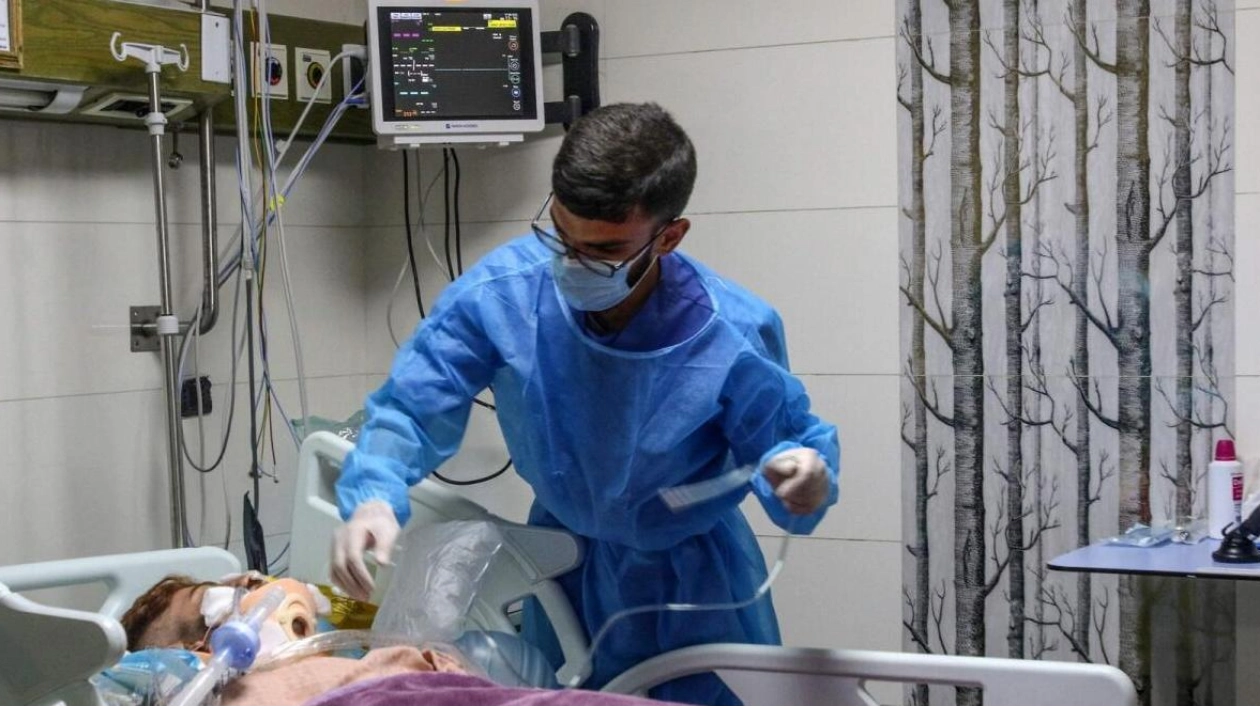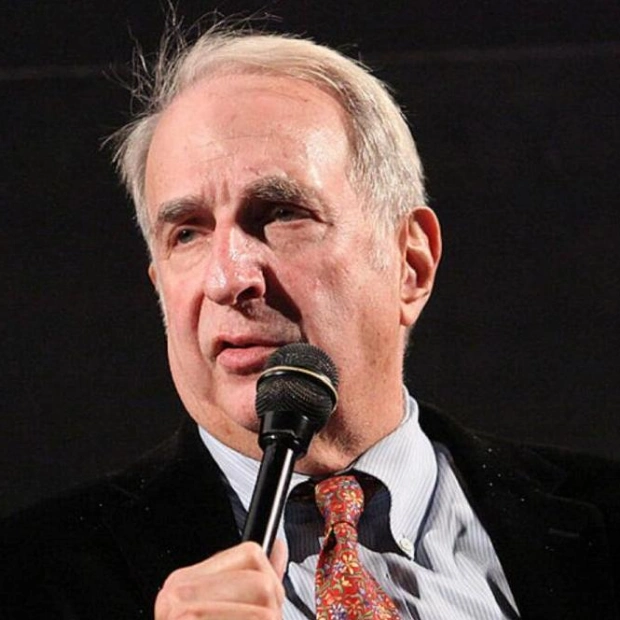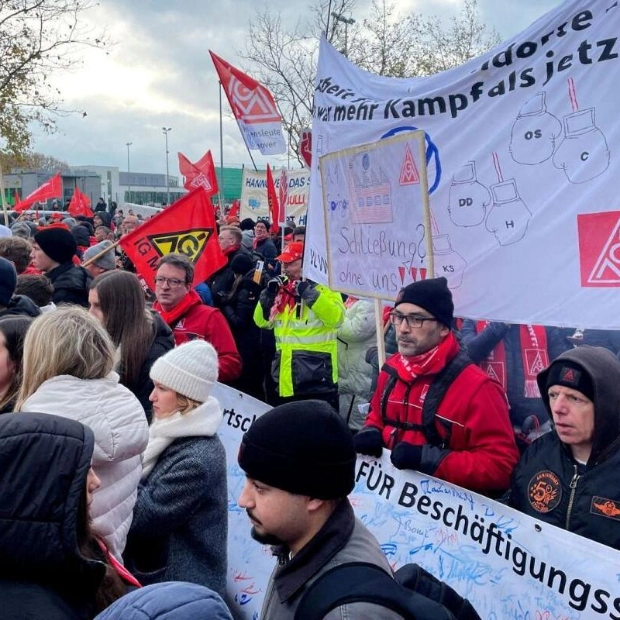In a southern Lebanese hospital, Norwegian doctor Mads Gilbert looked out of the window following an intense bombardment near the Israeli border, reflecting on his return to the region after four decades.
"It's a terrible experience," he said during a video call from the town of Nabatiyeh. "It's been 42 years, and nothing has changed," Gilbert remarked, recalling his first exposure to war while treating patients during the 1982 Israeli invasion and siege of Beirut. Below the window, paramedics stood ready beside parked ambulances at the hospital, situated behind the front lines.
The anaesthetist and emergency medicine specialist noted that since his arrival on Tuesday, he had only seen a few cases. "Most of the cases have been south of us, and they haven't been able to evacuate them due to the vicious nature of the attacks," Gilbert explained. Israel has escalated its air strikes against the Lebanese militant group Hezbollah since September 23, targeting the south of the country and later conducting what it termed "limited operations" across the border.
On Thursday, the Israeli army advised residents to evacuate Nabatiyeh. The escalation has resulted in over 1,100 deaths and at least 3,600 injuries, forcing more than a million people to flee their homes, according to government figures. Official media reports have documented Israeli strikes that have claimed entire families, and AFP has interviewed two individuals who lost 17 and 10 relatives respectively.
Gilbert, who has repeatedly volunteered in the Palestinian territory during past conflicts, criticized Israel's military actions, stating, "They can do whatever they want to healthcare, to ambulances, to churches, to mosques, to universities, as they've been doing in Gaza." He added, "And now we see the same pattern repeating in Lebanon in 2024."
A hospital in the town of Bint Jbeil, closer to the border, reported being hit by heavy overnight Israeli strikes on Saturday, injuring nine medical and nursing staff, some seriously. At least four hospitals suspended operations on Friday due to ongoing Israeli bombardment, and Hezbollah-affiliated paramedics reported 11 personnel killed in Israeli raids in southern Lebanon.
On Thursday, Lebanon's health minister disclosed that more than 40 paramedics and firefighters had been killed by Israeli fire in three days. UN official Imran Riza expressed concern on Saturday about an "alarming increase in attacks against healthcare in Lebanon." Britain described reports of Israeli strikes hitting "health facilities and support personnel" in Lebanon as "deeply disturbing." Israel has alleged that Hezbollah uses ambulances for "terrorist purposes."
In Beirut, British-Palestinian doctor Ghassan Abu-Sittah also observed parallels with the conflict in Gaza. Abu-Sittah, who has campaigned tirelessly for "justice" since treating the wounded in Gaza at the start of the war, described seeing "kids, families whose houses have been targeted" with blast injuries in recent weeks. He noted, "There are kids with blast injuries to the face, to the torso, amputated limbs," outside the American University of Beirut's Medical Centre.
Abu-Sittah estimated that over a quarter of the wounded he had seen in Beirut and other parts of Lebanon were minors. "I have a 13-year-old girl upstairs who had a blast injury to the face, needed reconstruction of her jaw, and will require several surgeries," he said. "Children injured in war need between eight and 12 surgeries by the time they reach adulthood."
According to UNICEF, 690 children in Lebanon have been wounded in recent weeks, with doctors reporting that most suffered from "concussions and traumatic brain injuries from the impact of blasts, shrapnel wounds, and limb injuries." Abu-Sittah lamented, "It's just so reminiscent of what was happening in Gaza." He added, "The heartbreaking thing is that this could all have been stopped if they had stopped the war in Gaza."






